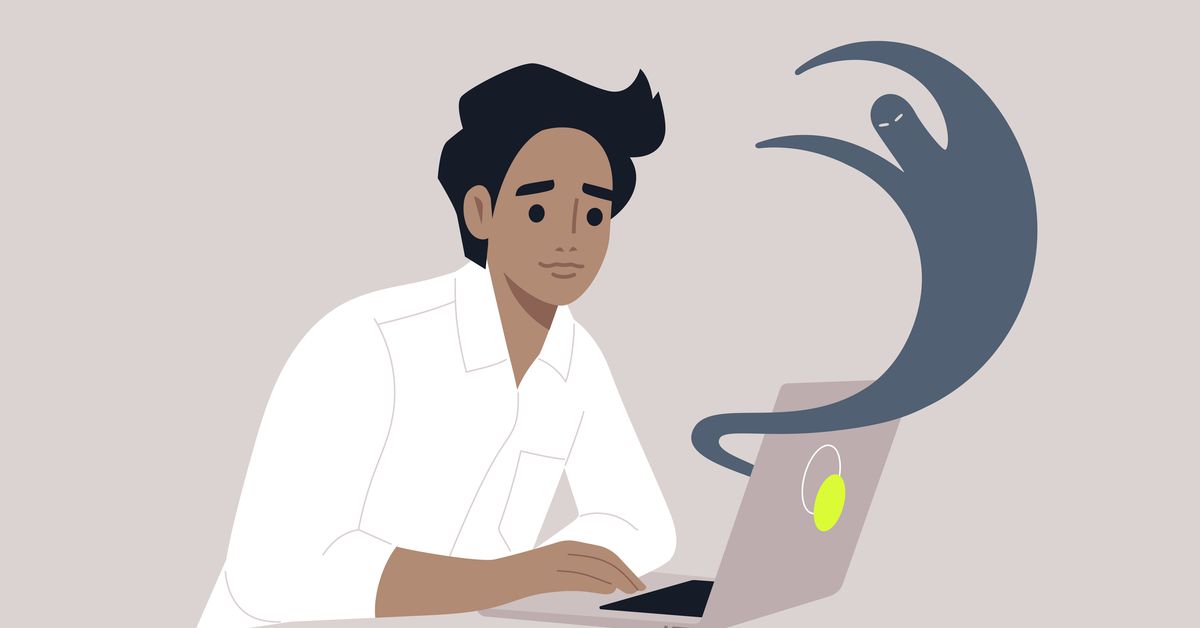- cross-posted to:
- technology@lemmy.world
- cross-posted to:
- technology@lemmy.world
Anyone can get scammed online, including the generation of Americans that grew up with the internet.
If you’re part of Generation Z — that is, born sometime between the late 1990s and early 2010s — you or one of your friends may have been the target or victim of an online scam. In fact, according to a recent Deloitte survey, members of Gen Z fall for these scams and get hacked far more frequently than their grandparents do.
Compared to older generations, younger generations have reported higher rates of victimization in phishing, identity theft, romance scams, and cyberbullying. The Deloitte survey shows that Gen Z Americans were three times more likely to get caught up in an online scam than boomers were (16 percent and 5 percent, respectively). Compared to boomers, Gen Z was also twice as likely to have a social media account hacked (17 percent and 8 percent). Fourteen percent of Gen Z-ers surveyed said they’d had their location information misused, more than any other generation. The cost of falling for those scams may also be surging for younger people: Social Catfish’s 2023 report on online scams found that online scam victims under 20 years old lost an estimated $8.2 million in 2017. In 2022, they lost $210 million.



From the generation before this, I always thought the “mobile generation”'s computer savviness had been overrated. Mobile phones (especially iOS) are like a walled garden compared to using a PC and Windows. It was easy to shoot yourself in the foot on Windows 98, etc so you learnt to be careful very quickly. Likewise, there’s no jumping into the registry or terminal, no built in zip/rar handling, warnings from the OS, built in Malware protection, etc
The internet was a wild place in the 90s and this generation never really experienced that. Forums had lax moderation and could be full of troll links to “I am an idiot”, goatse, etc. Files could be hosted on random webpages and the downloads could contain anything: often a virus alongside the actual file, etc
I remember not using an antivirus as Norton and co would crush your machine, so you just had to tread extremely carefully